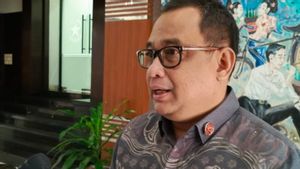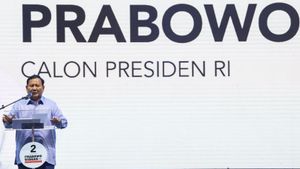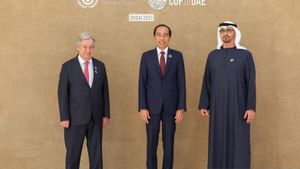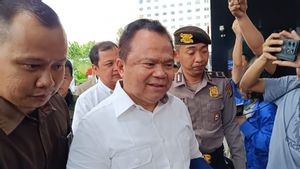The E-KTP case heated up again after the confession of the former Chairman of the Corruption Eradication Commission (KPK), Agus Rahardjo, who said there had been intervention from the President regarding the Setya Novanto case. According to the former KPK chairman, President Jokowi once asked to stop the E-KTP case involving former Golkar General Chairman Setya Novanto. Later, former ESDM minister Sudirman Said also admitted that he had been scolded by the president for the same case. This invites polemics regarding the independence of the Corruption Eradication Committee and the role of the government in handling corruption cases.
Agus Rahardjo's controversial statement sparked debate around legal integrity in Indonesia, especially ahead of the 2024 Presidential Election. Criticism of him came not only from the government, but also from within the Corruption Eradication Commission. Considered lacking concrete evidence regarding the purported intervention, Agus Rahardjo as a former KPK leader should be able to present strong evidence. In fact, Alexander Marwata, another KPK official, emphasized that the KPK was not afraid, and the legal process was continuing, even though Agus Rahardjo felt blasphemed by the President.
The insinuation from the Gerindra party that Agus Rahardjo was a legislative candidate who spoke about the President shows that this issue is not only a matter of law and the independence of the KPK, but has also become the subject of political debate at the party level. Firli Bahuri, former chairman of the Corruption Eradication Commission (KPK) who is currently a suspect in extortion, also spoke about the news that Jokowi had asked for an end to the E-KTP case, adding to the complexity of the issue and showing the infiltration of corruption at various levels of institutions in Indonesia.
The response from Airlangga Hartarto who called the Golkar Party the victim of the E-KTP case added to the complexity of the issue. How can a political party become a victim in a legal case? This statement further escalates the issue and shows how political interference can creep into political parties.
SEE ALSO:
However, despite all the controversy and accusations, clear facts are yet to emerge. Everyone must be wise and not easily provoked by claims without clear evidence. Former Golkar Chairman Setya Novanto was convicted and went to prison, which is a fact that should be used as a basis. The story of Setya Novanto who asked Jokowi for protection when he was caught in the E-KTP case, seems to add a layer of mystery to this story.
In this context, society needs to demand transparency and clarity from the authorities. It cannot just be based on statements without evidence that trigger turmoil in society. Agus Rahardjo as a former KPK leader must be able to provide convincing evidence and be accountable for his statements.
If it is true that there was intervention in the E-KTP case, this is not only a legal problem, but also a problem of democracy and public trust. Political intervention in law enforcement agencies will damage the foundation of the rule of law that we built. Therefore, there needs to be concrete steps to thoroughly investigate these claims and maintain the integrity of law enforcement agencies so that they are not co-opted by political interests.
The issue of presidential intervention in the E-KTP case created a wave of controversy in Indonesian society and politics. Even though this claim comes from a former KPK leader, concrete evidence and transparency are needed to reveal the truth behind this statement. Clarity in this matter is important to maintain the integrity of law enforcement institutions and ensure that justice remains the main foundation of the Indonesian legal system.
The English, Chinese, Japanese, Arabic, and French versions are automatically generated by the AI. So there may still be inaccuracies in translating, please always see Indonesian as our main language. (system supported by DigitalSiber.id)




















